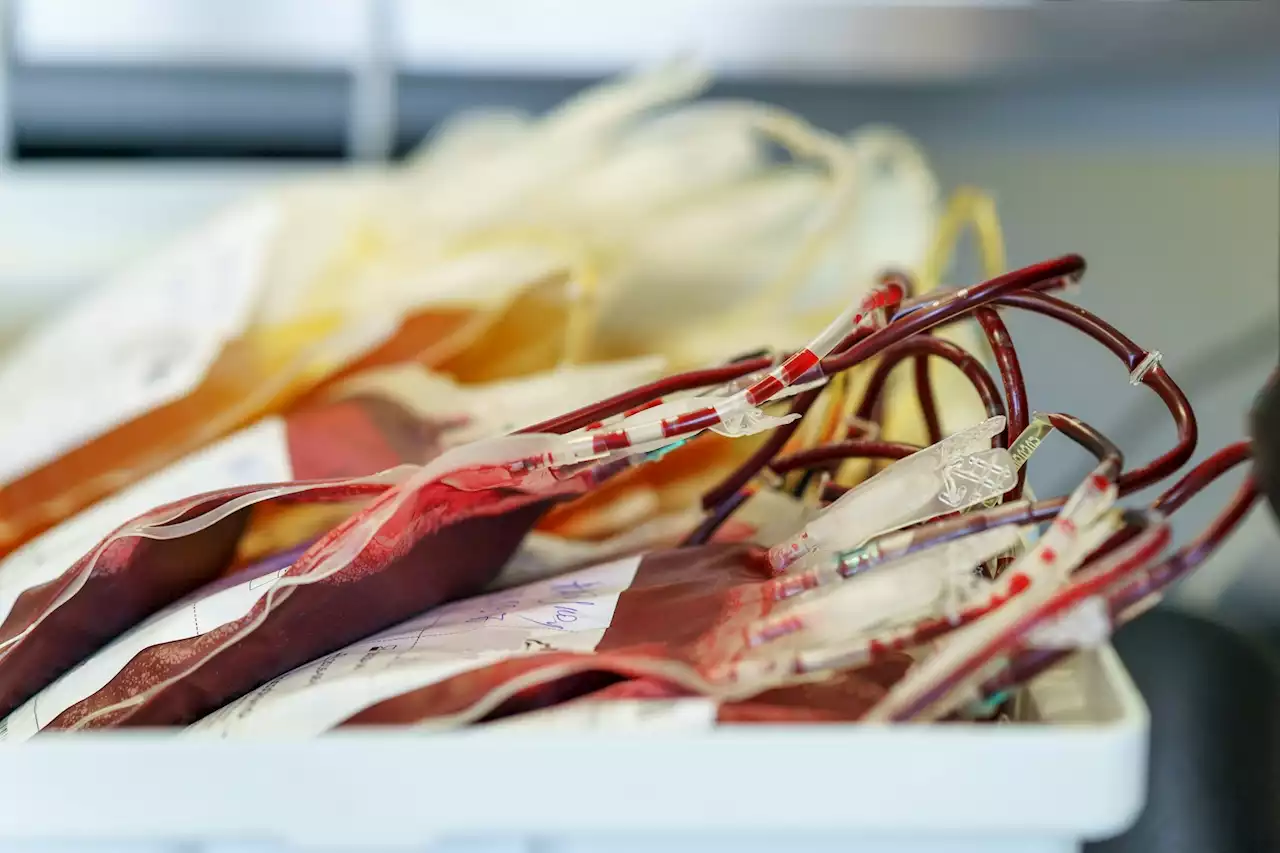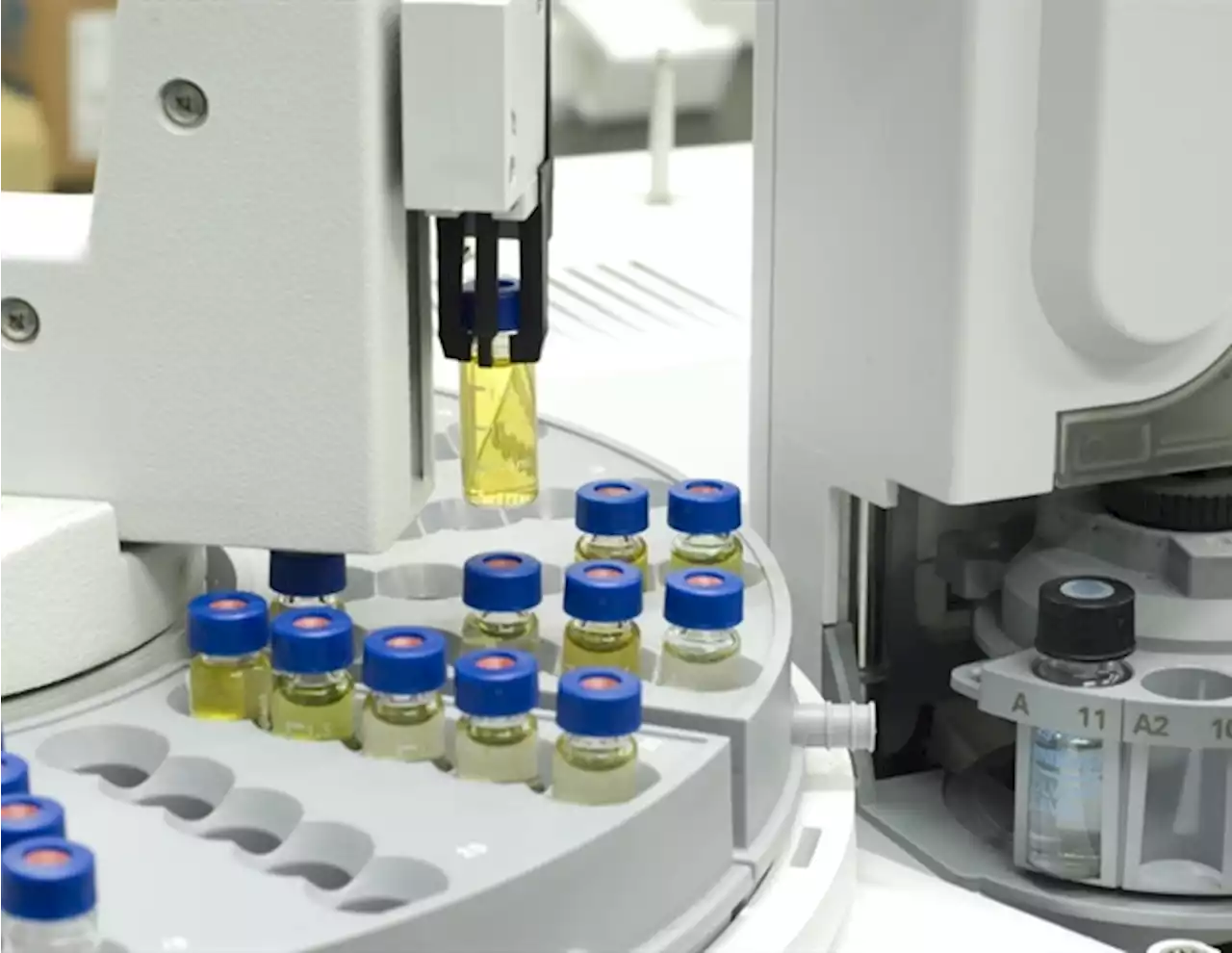Researchers have discovered toll-like receptor 7 (TLR7), a nucleic acid sensor within the severe acute respiratory syndrome coronavirus 2 (SARS-CoV-2) virus, to be aberrantly expressed in many types of cancers. However, its expression pattern across cancers and association with COVID-19 (or its causing virus SARS-CoV-2) has not been systematically studied.
Coronavirus disease 2019 is a disease mainly characterized by damage to the respiratory system caused bycoronavirus 2 . Recent studies suggest that cancer was a risk factor for coronavirus disease 2019 .
In this study, the authors of this article employed a computational framework to comprehensively study the roles of TLR7 in COVID-19 and pan-cancers at genetic,, protein, epigenetic, and single-cell levels. As a result, they found TLR7 expression to be higher in the lungs of mice infected with SARS-CoV-2 than in those of the control group.
This study reveals the roles of TLR7, a nucleic acid sensor for COVID-19 in pan-cancer. These findings could be significant in efforts to prevent SARS-CoV-2 infection and alleviate cytokine storms in infected cancer patients.Zhijian Huang et al, Revealing the roles of TLR7, a nucleic acid sensor for COVID-19 in pan-cancer,
Danmark Seneste Nyt, Danmark Overskrifter
Similar News:Du kan også læse nyheder, der ligner denne, som vi har indsamlet fra andre nyhedskilder.
 Potential of COVID-19 convalescent plasma for future monoclonal antibodies against severe SARS-CoV-2 inflammationResearchers report that convalescent plasma treatment is most effective in treating hospitalized COVID-19 patients.
Potential of COVID-19 convalescent plasma for future monoclonal antibodies against severe SARS-CoV-2 inflammationResearchers report that convalescent plasma treatment is most effective in treating hospitalized COVID-19 patients.
Læs mere »
 Neanderthals, environment, and evolution behind SARS-CoV-2 immune responsesResearch led by the Université Paris Cité, CNRS, France, has investigated factors driving variability in diverse immune responses to SARS-CoV-2.
Neanderthals, environment, and evolution behind SARS-CoV-2 immune responsesResearch led by the Université Paris Cité, CNRS, France, has investigated factors driving variability in diverse immune responses to SARS-CoV-2.
Læs mere »
 Researchers develop new rapid and reliable method for SARS-CoV-2 detectionCommercially available mass spectrometers can reliably detect the SARS-CoV-2 coronavirus. In the journal 'Clinical proteomics' researchers from the Martin Luther University Halle-Wittenberg (MLU) present a new method which employs equipment that is already being used in hospitals and laboratories to detect bacterial and fungal infections.
Researchers develop new rapid and reliable method for SARS-CoV-2 detectionCommercially available mass spectrometers can reliably detect the SARS-CoV-2 coronavirus. In the journal 'Clinical proteomics' researchers from the Martin Luther University Halle-Wittenberg (MLU) present a new method which employs equipment that is already being used in hospitals and laboratories to detect bacterial and fungal infections.
Læs mere »
 Study: The human body may possess a secret weapon against SARS-CoV-2An obscure class of molecules, part of the vast system that helps the human body distinguish 'self' from 'non-self,' may also hold the key to stopping SARS-CoV-2 from commandeering healthy cells, scientists have found in an elegant series of experiments.
Study: The human body may possess a secret weapon against SARS-CoV-2An obscure class of molecules, part of the vast system that helps the human body distinguish 'self' from 'non-self,' may also hold the key to stopping SARS-CoV-2 from commandeering healthy cells, scientists have found in an elegant series of experiments.
Læs mere »
 Quantitative biological strategy helps upgrade vaccines against COVID-19Researchers from the Shenzhen Institute of Advanced Technology (SIAT) of the Chinese Academy of Sciences (CAS) and the University of Hong Kong, along with their collaborators, have proposed a promising quantitative biological strategy for dynamic updates of vaccines against SARS-CoV-2 virus. They demonstrated that a vaccine based on the ancestral SARS-CoV-1 strain could offer more extended and broader protection than other options.
Quantitative biological strategy helps upgrade vaccines against COVID-19Researchers from the Shenzhen Institute of Advanced Technology (SIAT) of the Chinese Academy of Sciences (CAS) and the University of Hong Kong, along with their collaborators, have proposed a promising quantitative biological strategy for dynamic updates of vaccines against SARS-CoV-2 virus. They demonstrated that a vaccine based on the ancestral SARS-CoV-1 strain could offer more extended and broader protection than other options.
Læs mere »
 Study suggests antibodies triggered by COVID-19 mRNA vaccination may depend on prior infection historyResearchers evaluated distinct immune responses to mRNA and vector-based COVID-19 vaccines and natural SARS-CoV-2 infections.
Study suggests antibodies triggered by COVID-19 mRNA vaccination may depend on prior infection historyResearchers evaluated distinct immune responses to mRNA and vector-based COVID-19 vaccines and natural SARS-CoV-2 infections.
Læs mere »
